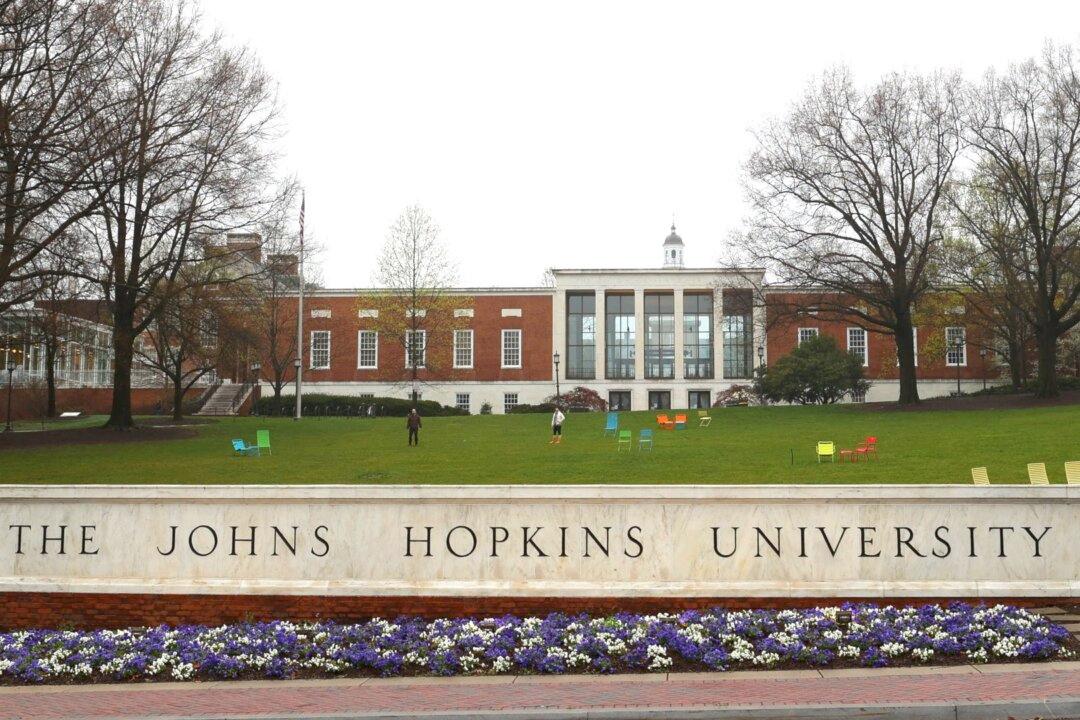Johns Hopkins University will once again require prospective undergraduate students to take standardized tests, doing away with the test-optional policy adopted in 2020 during the COVID-19 pandemic.
Starting with students applying for the fall 2026 semester, Johns Hopkins will require the submission of SAT or ACT test scores as part of its “holistic admissions review process,” university administrators said in an Aug. 15 statement.





